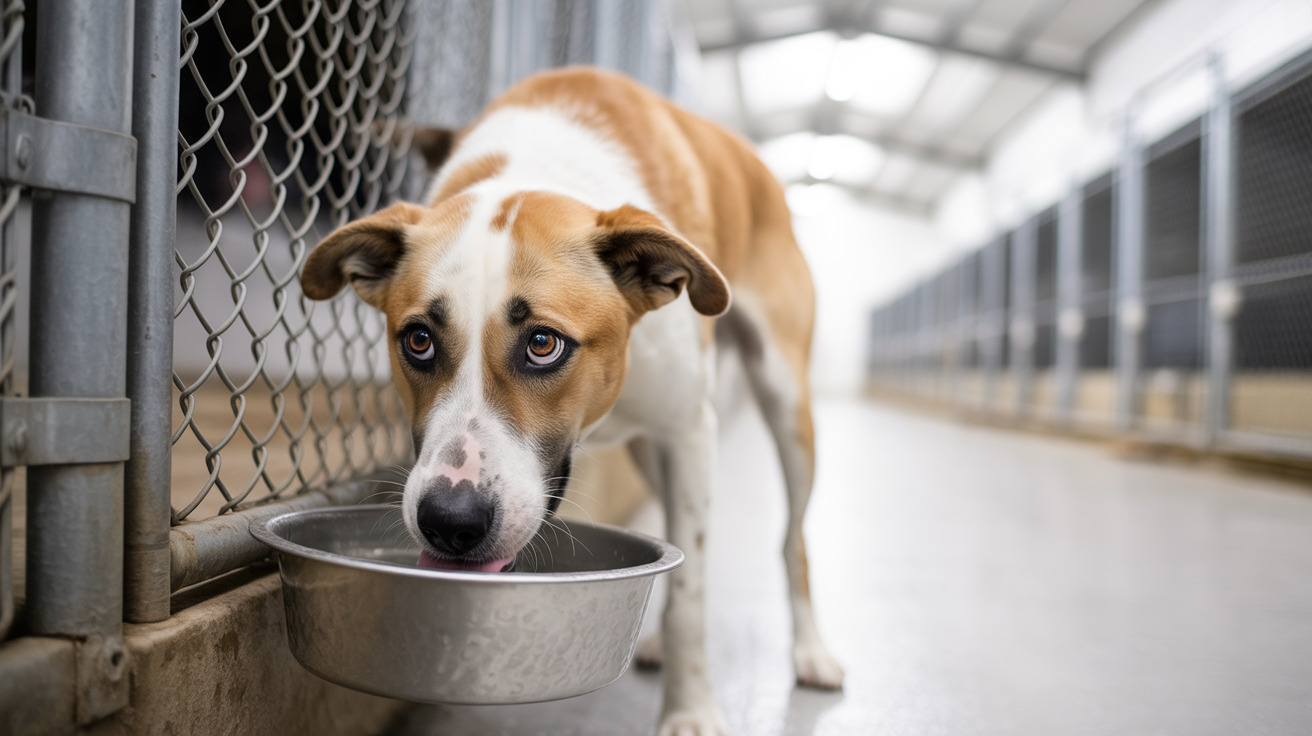Can Dogs Eat Pickles? Understanding the Risks and Safer Alternatives
Many dog owners might wonder, “What happens if a dog eats a pickle?” While cucumbers—the base ingredient of pickles—are safe and healthy for dogs, the pickling process introduces a host of ingredients that make pickles an undesirable treat for your canine companion. In this article, we'll explore the risks pickles pose to dogs, signs to watch out for if your dog eats one, and healthier alternatives.
Why Pickles Can Be Harmful to Dogs
The main concern with pickles is the added ingredients used during the pickling process. These include:
- High sodium content
- Vinegar and spices
- Garlic and onion additives
- Artificial sweeteners like xylitol
- Added sugars in sweet pickle varieties
Let’s break down each of these risks.
1. Sodium Overload
Pickles are soaked in a solution of brine, which is primarily salt and vinegar. This makes them extremely salty. Dogs that ingest too much sodium may experience:
- Excessive thirst and urination
- Vomiting and diarrhea
- Dehydration
- High blood pressure
- Salt toxicity, leading to seizures in severe cases
Even a small pickle can contribute significantly to a dog’s daily sodium limit.
2. Spices and Vinegar
Pickles often contain spices and vinegar, which can irritate a dog's digestive system. Symptoms include:
- Stomach upset
- Vomiting
- Gastrointestinal discomfort
3. Toxic Ingredients: Garlic and Onion
Some pickles, especially flavored types, may include garlic or onion in the brine. These ingredients are toxic to dogs and can cause:
- Damage to red blood cells
- Anemia
- Lethargy and weakness
Even small amounts over time can have cumulative effects.
4. Sweet Pickles and Xylitol
Sweet pickles may contain added sugars, which contribute to obesity, dental issues, and in some cases, diabetes. Alarmingly, some sugar-free pickles might contain xylitol, which is highly toxic to dogs and can lead to:
- Insulin shock
- Liver failure
- Seizures
- Death
What Should You Do If Your Dog Eats a Pickle?
If the pickle was plain and small, most healthy dogs will be fine. Still, monitor your pet for any signs of distress. Symptoms to watch for include:
- Vomiting or diarrhea
- Unusual lethargy
- Excessive drinking
- Muscle tremors or incoordination
- Seizures
Do not induce vomiting unless advised by a veterinarian. Contact your vet immediately if you notice any troubling symptoms, especially if the pickle contained spices, garlic, onion, or xylitol.
Is Pickle Juice Safe?
Absolutely not. Pickle juice contains concentrated salt and vinegar along with possible spices that can irritate or even poison your dog. Ingesting pickle juice can lead to:
- Rapid dehydration
- Salt poisoning
- Tremors
- Neurological symptoms
Is Dill Safe for Dogs?
Yes, fresh dill is not toxic and can offer antioxidant benefits and aid in digestion or bad breath. The problem lies not with the dill itself, but with the pickle as a whole due to the brining process and other ingredients.
Healthy Alternatives to Pickles for Dogs
If you’re looking for snacks that are both safe and nutritious, consider these dog-friendly vegetables and fruits:
- Raw cucumber
- Carrots
- Green beans
- Celery
- Blueberries
- Apples (seedless)
These treats should be offered in moderation, making up no more than 10% of your dog’s daily caloric intake.
The Bottom Line
While it might be tempting to share your snack with your furry friend, pickles are not a safe or healthy option for dogs. Their high salt content and potentially harmful additives like garlic, onion, and sweeteners pose a variety of health risks. Stick to safer treats like raw vegetables and fresh fruits, and always consult your vet before adding new foods to your dog’s diet.





